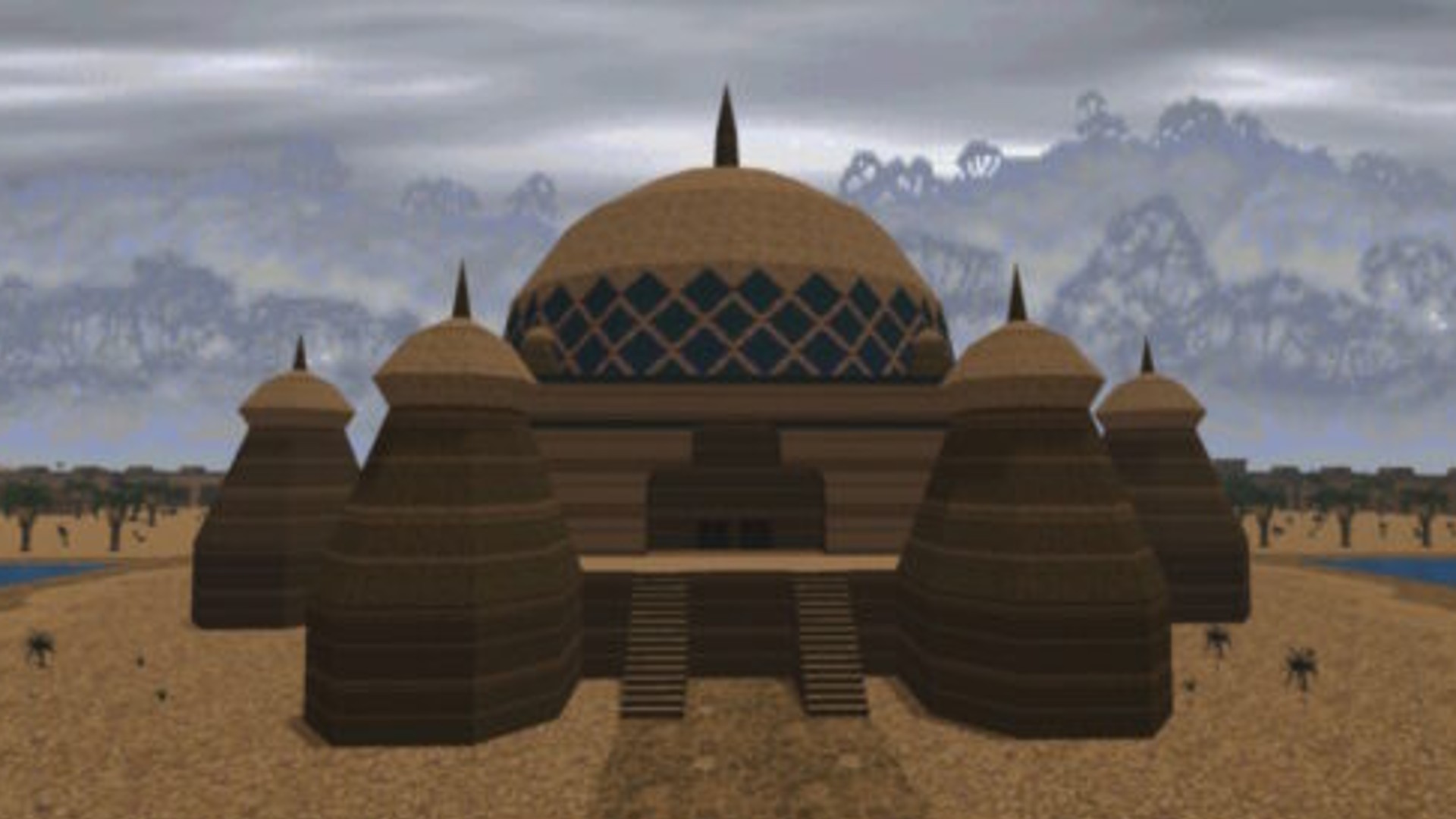
On Tirdas the 17th of Sun's Down, as I was walking a stranger's pet bear to a nearby tavern, a familiar voice called out behind me: "halt!". Without knowing how that city guard caught me stealing a loincloth, I ran into the tavern. Bad move on my part; I had to take down a grouchy customer who had it in for my bear, only to suffer my untimely demise at the paws of that ungrateful beast shortly afterwards – and that was the moment I fell in love with Daggerfall Unity.
In case you weren't around back then; The Elder Scrolls II: Daggerfall is an open-world RPG released in late 1996. At the ripe old age of twenty-seven, the original MS-DOS version of Daggerfall isn't exactly made for your current rig, despite being freely available for download on Steam. Enter the Daggerfall Unity project – after more than ten years of fixing flaws, improving looks, and creating mod support for Daggerfall, the ambitious community effort was declared 'complete' on December 31, 2023. As a former Skyrim-obsessed teenager (now Skyrim-obsessed adult), I jumped at the opportunity to experience this elderly Elder Scrolls adventure and answer the big question: is it worth playing Daggerfall Unity in 2024?
Daggerfall without the Unity
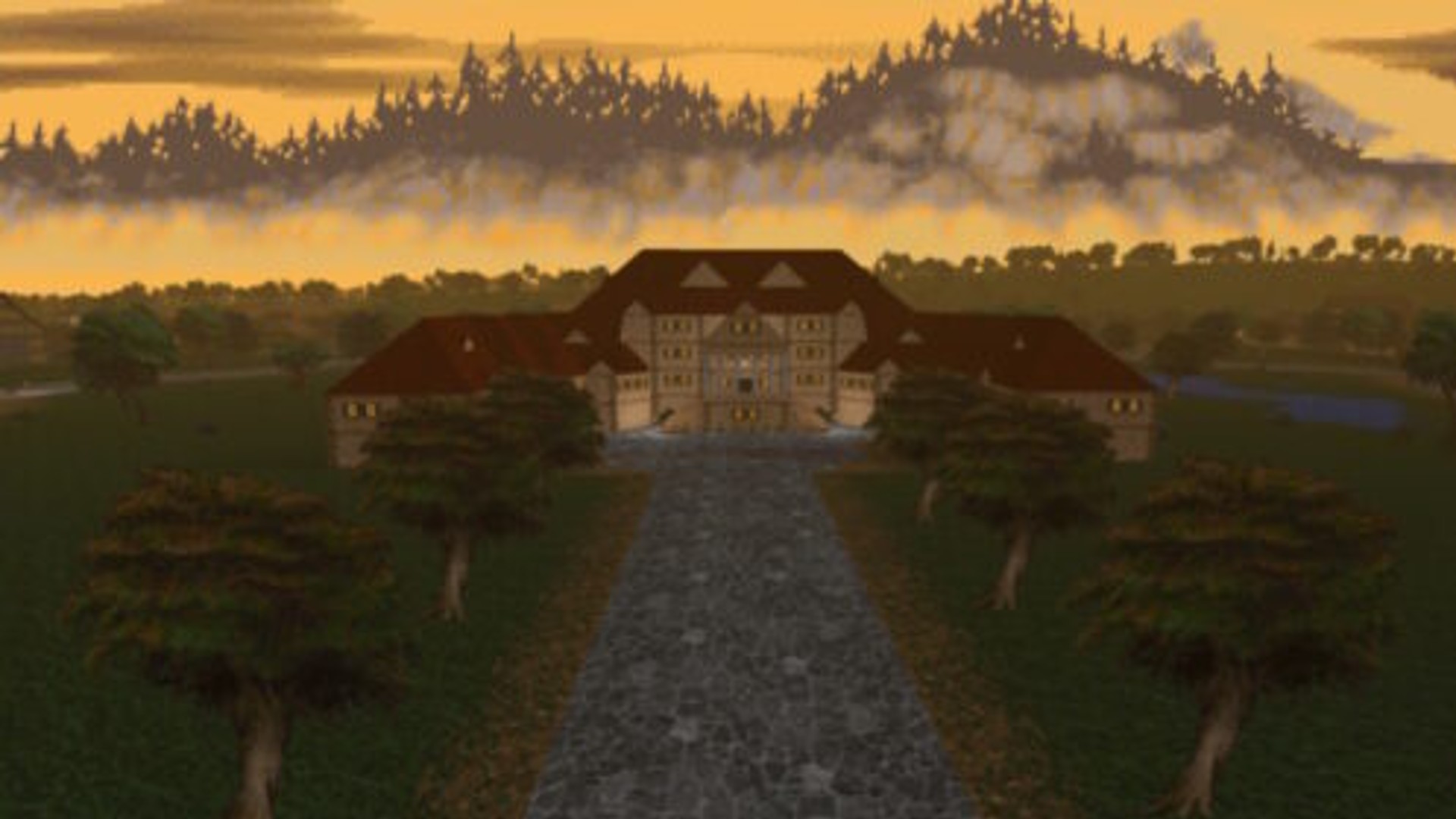
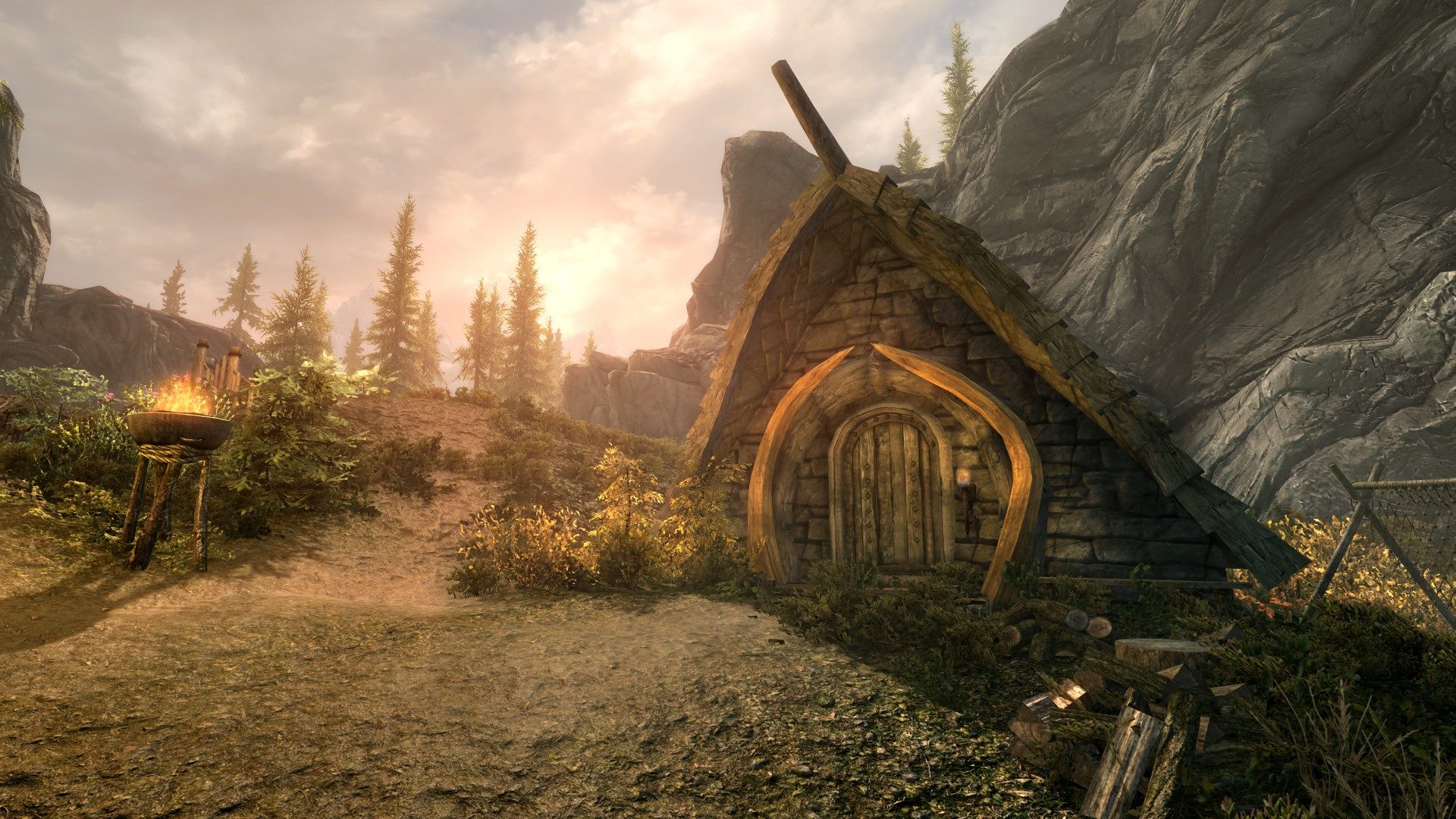
The best Skyrim mods you can use right now to upgrade the game
Let's dive into the Steam version first, because you can't compare Daggerfall Unity to DOS Daggerfall if you've never played the latter, can you? With no less than eight races and eighteen classes to choose from, Daggerfall's character creator provided a promising start, and once I'd decided on an unconventional Nightblade Nord build instead of an Assassin Khajiit or High Elf Battlemage, I awoke in the middle of a dreary dungeon.
Fully expecting its inhabitants to go easy on me and my lacklustre starting gear, I was in for a rude awakening; whether by miscalculation or a streak of sadism on the developers' part, this first Daggerfall dungeon turned out to be brutal. Haunted by the continuous cries of distant enemies, I found myself wandering through awfully similar-looking hallways populated by oversized rats, all while desperately looking for a devilishly well-hidden exit door.
After taking about fifty swings at a local skeleton warrior only to be one-shotted by a random archer, I held a moment of silence for those who played this game in 1996, asked Google for directions, and found my way out. Finally, I was ready to explore the vast wilderness of Daggerfall – a map which, by the way, is said to be about the same size as Great Britain (procedural generation, in case you're wondering).
Sadly, the snowy landscape was almost devoid of life, so I took off towards one of Daggerfall's five thousand towns (thank Kynareth for Daggerfall's fast-travel system) where I introduced myself to locals with names like Chrystyvyra Buckingsley and Uthastyr Yeomhart, hoping to find some work. Playing as a Nord didn't do me any favours here, but I performed an exorcism, saved a few kidnapped kids, and joined the Dark Brotherhood – heck, I even got to make my own custom spells. Good times all around, but after getting hopelessly lost in yet another random dungeon, I realised it was time to fast-forward 27 years into the future, where Daggerfall Unity 1.0 awaited.
Bedazzling Daggerfall
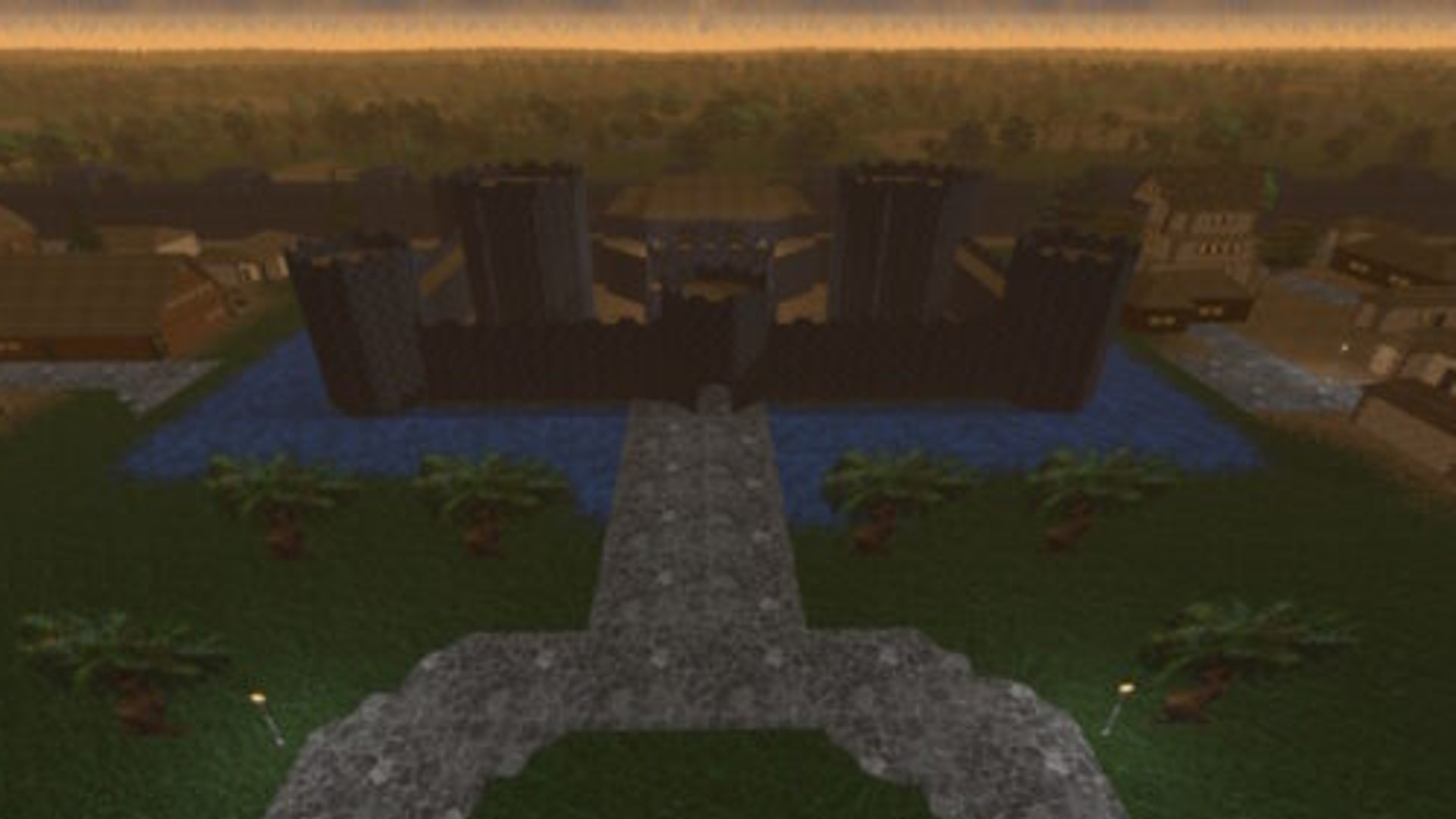
Perhaps unsurprisingly, the first thing I noticed about Daggerfall Unity compared to DOS Daggerfall is how beautiful it looks, especially when using additional mods to improve the models, scenery, and interior lighting. Although the Unity version sticks with the 2D 'cardboard' models found in the original, the amount of added detail is astonishing. Instead of speaking to a mosaic vaguely resembling a human being, I suddenly found myself talking to people with recognizable faces against the backdrop of a lively tavern – complete with a bar, wine cellar, golden goblets, tapestries, and ridiculously gorgeous paintings.
Nonetheless, Daggerfall Unity wouldn't be worth playing had it not improved the movement and combat system. In DOS Daggerfall, there's no moving the view with your mouse and you'll be using keyboard arrows to walk forwards, backwards, and turn to either side. While the keybinding menu made this a bit more manageable, it still felt very clunky. Luckily, Daggerfall Unity automatically enables modern WASD movement and adds the option to initiate attacks by clicking instead of dragging the mouse across the screen.
While this movement overhaul is the most important one, Daggerfall Unity has many other gameplay and quality-of-life upgrades, my favourite of which is the option to reduce dungeon size. While there are undoubtedly some players out there who love Daggerfall's ginormous rat-infested cellars, to me, a player with a terrible sense of orientation and little patience, they're rather tiresome. You can even skip the first dungeon in its entirety – although I wouldn't recommend that on a first playthrough.
I could go on and on about all the other features I discovered in Daggerfall Unity and its vault of no less than 471 Nexus mods, but whether it's an inventory filter, visible HP bars, passive mana regeneration, or something else desperately needed for a smooth Daggerfall playthrough, it's probably there. Even better, if it falls within the "not essential but it would be cool" category, such as see-through windows, windmills, random wilderness encounters, livelier towns, and a massive pack of additional guild quests, it's probably there too.
For the love of lore
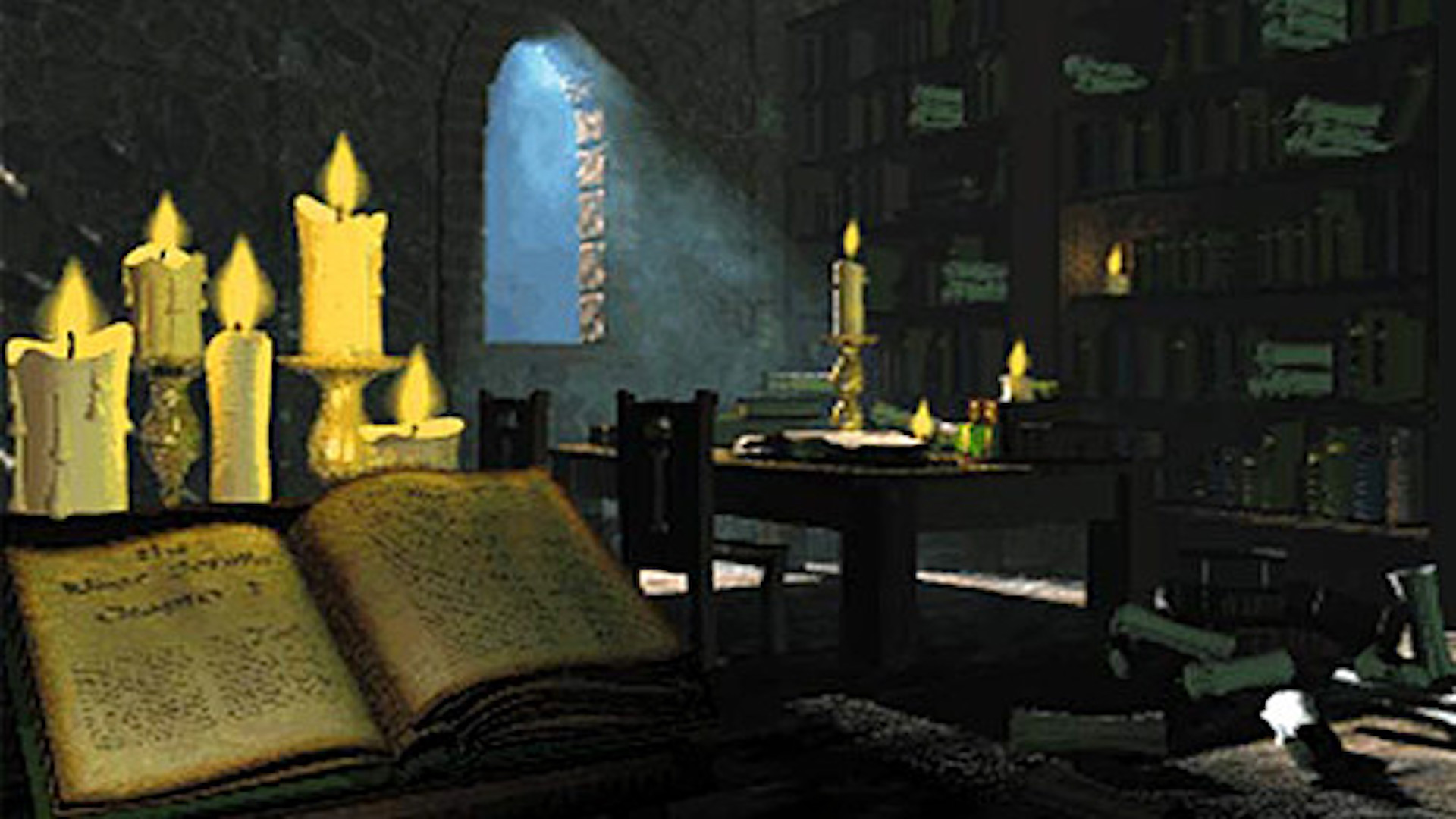
DOS Daggerfall is incredibly fun, but I would not recommend playing it without the much-needed visual and gameplay upgrades provided by Daggerfall Unity. It improves the game in all the right places, but never more than it has to – go crazy on the Nexus mods if you want, but if you prefer a more classic Daggerfall experience, that's possible too. Daggerfall's quest timers are a great example; there's a limited amount of time to complete a quest, but DOS Daggerfall doesn't tell you how many days are left. If you want the original 1996 experience and are willing to take notes; great! If not, Daggerfall Unity adds the option to display the countdown in the quest log.
Although this does, indeed, make Daggerfall Unity worth playing in 2024, there's a "but" incoming: you probably need to take an interest in Elder Scrolls lore to truly enjoy it. Despite the many upgrades, Daggerfall is still a game from 1996; it doesn't have the best combat system or the liveliest open world, and no amount of mods is going to bring those core characteristics up to par with a modern triple-A RPG. As long as your dreams include a visit to northwestern Tamriel, learning more about Daedra history, or getting an audience with the King of Worms, then Daggerfall Unity truly is a dream come true.
Lose your leisure time to the best RPGs you can play right now







